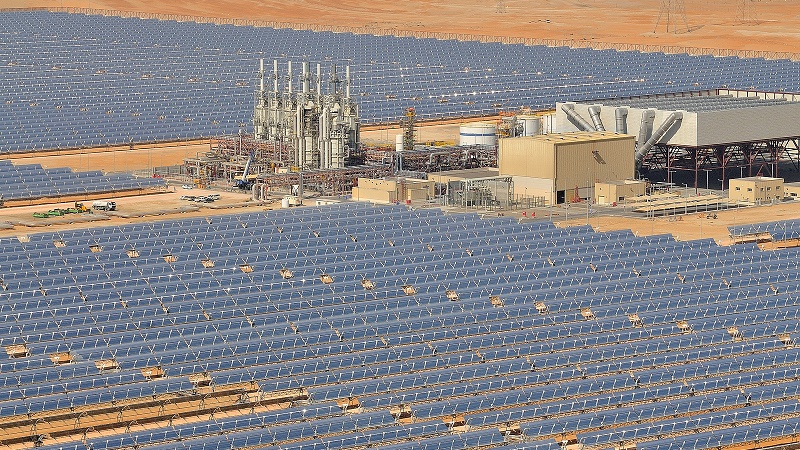Could Tunisia be the first North African country to export solar power from the fringes of the Sahara Desert to Europe?
It has the sunshine, the legislation and a willing developer with a massive 4.5GW proposal.
TuNur chief executive Kevin Sara told Climate Home why he believes it can succeed where the high profile Desertec initiative failed.
Showing it benefits the Tunisian people will be critical, as well as overcoming resistance from the state electricity monopoly.
EU coal battle
Lobby group Euracoal is threatening to sue the European Commission over tougher clean air rules for power stations and heavy industry, Arthur Neslen revealed.
Four out of five coal plants expected to be running in 2021, the compliance deadline, do not meet the new standards, according to the European Environmental Bureau. That means mass closures or billions of Euros of investment to clean up their smokestacks.
Euracoal accused the Commission of using air quality legislation to implement climate policy by stealth. Officials insisted they had followed protocol.
India coal slowdown
The growth of coal use in India dropped from 6% a year over the previous decade to 2.2% annually since 2015, analysis from Greenpeace Energydesk has found.
The environmental NGO hailed it as a sign renewables were winning the energy race. But the latest draft national energy policy foresees a doubling of coal power capacity by 2040. Even with no new plants, running underused power stations more of the time could add 250 million tonnes to coal consumption, according to former industry chief Partha Bhattacharya.
Climate conversations
Dying Gods
Many Kenyans used to pray towards a snow-capped Mt Kenya, the source of streams and rivers that gave life to the surrounding area.
Now, the glaciers have all but disappeared as a result of global warming. With them has gone the mythology of a benevolent natural wonder.
Instead, Daniel Wesangula reports, competition for dwindling water resources is flaring up into violence between pastoralists, farmers and conservationists.
Combined with soaring food prices, it creates a febrile backdrop for Kenya’s general election next Tuesday. Reports a top election official was tortured and killed days before the poll have raised fears it could turn ugly.
Water crisis
Tensions are high, too, in India’s Cauvery Delta, where water scarcity has reached crisis point.
Rice farmers are digging wells ever deeper in a bid to salvage their crops and pay off debts, Jaideep Hardikar reports. The strain has caused a spike in heart attacks, suicide and migration.
El Niño warning
African countries must prepare for flood and drought to become more common, experts told Mantoe Phakathi after a study published in Nature Climate Change last week concluded extreme El Niño events will come twice as frequently in a 1.5C warmer world.
The weather phenomenon that starts in the Pacific Ocean affects rainfall patterns around the world, driving recent droughts in eastern and southern Africa.
Early warning systems, coupled with funding, could help prevent hostile weather turning into famine and humanitarian crisis, aid agencies said.
